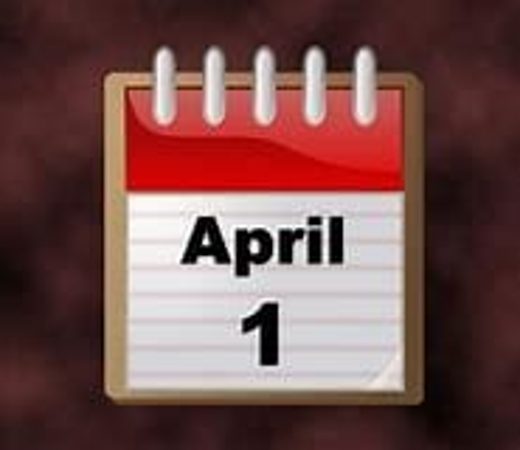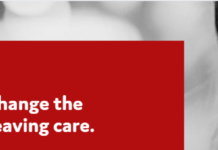Am I Above the Law on April Fool’s Day?
With April Fool’s Day almost upon us, people up and down the country will be planning the best and funniest pranks to play on friends and colleagues. From phony news to foamy shoes it’s the time of year when everyone’s funny bone is being finely tuned. But when does the line between hilarious and harsh get crossed and can a prank turn into legal proceedings?
Jordan Brown, legal adviser from DAS Law has some rules for the prankster…
What is the law’s position of carrying out April fool’s jokes at work?
Even though it’s the 1st of April, the normal rules governing your behaviour in the workplace still apply.
When is a ‘prank’ considered going too far in the eyes of the law?
Most people can enjoy a joke, but all too often someone oversteps the mark. And even if the joke is within reasonable limits, a colleague may still react very badly.
At the very least, practical jokes could contravene a company’s internal Health and Safety or Dignity at Work policies. At their worst they could result in litigation or police involvement. A famous example occurred in 2014 when an employee in a US high school sent a text to her daughter saying there she heard gunfire and was hiding in one of the classrooms. Her daughter then alerted the police who attended the school to find nothing wrong; they subsequently arrested the employee for breach of the peace.
Could an April Fools prank be considered workplace harassment?
Absolutely! Employers have a duty of care to their employees in ensuring a harassment-free workplace. Certain practical jokes or pranks could be construed as fostering or encouraging an unsafe or even discriminatory work environment if they created a degrading, hostile or intimidating environment for other employees based on a ‘protected characteristic’ such as sex, race, disability, sexuality, gender reassignment, age etc.
Can employers be held liable for employees’ practical jokes?
Employers can and are held liable for an employee’s practical jokes or behaviour (ie: vicarious liability). Vicarious liability refers to a situation where someone is held responsible for the actions of another person. In a workplace context, an employer can be liable for the behaviour of its employees provided it can be shown that they took place in the course of their employment.
An employer would need to show that they did not tolerate or accept this behaviour. To do this they would need evidence such as having a firm policy on acceptable behaviour and bullying/harassment and showing that they investigate and sanction breaches of the policy consistently.

Are there any UK examples of an April fool’s prank resulting in a lawsuit?
In the case of Otomewo v Carphone Warehouse Ltd [2013] two employees took their manager’s phone and changed his Facebook status saying that he had “finally come out of the closet” and that he was “gay and proud”. The employees knew that the manager was not gay; however the manager subsequently brought a claim for sexual orientation discrimination against the company and was successful in the employment tribunal which held that the behaviour of the two employees was “in the course of employment” and that Carphone Warehouse was liable.

Can an employer ban April fool’s jokes from being carried out in the workplace?
While it might be considered unfair and damaging to company morale, the reality is that April Fool’s pranks have no place in the modern work environment. Never forget that pranks require ‘victims’, and if an individual feels alienated, bullied or harassed by fellow employees, they may raise a grievance or ultimately make an Employment Tribunal claim against the company. This not only damages the working environment and may affect productivity and business generally, but it may also result in adverse media coverage, and could even result in unlimited fines if the prank amounts to a serious breach of the Health and Safety at Work Act 1974.
Another helpful resource can be found at www.avensure.com
Disclaimer: This information is for general guidance regarding rights and responsibilities and is not formal legal advice as no lawyer-client relationship has been created
Help keep news FREE for our readers
Supporting your local community newspaper/online news outlet is crucial now more than ever. If you believe in independent journalism, then consider making a valuable contribution by making a one-time or monthly donation. We operate in rural areas where providing unbiased news can be challenging. Read More About Supporting The West Wales Chronicle


























